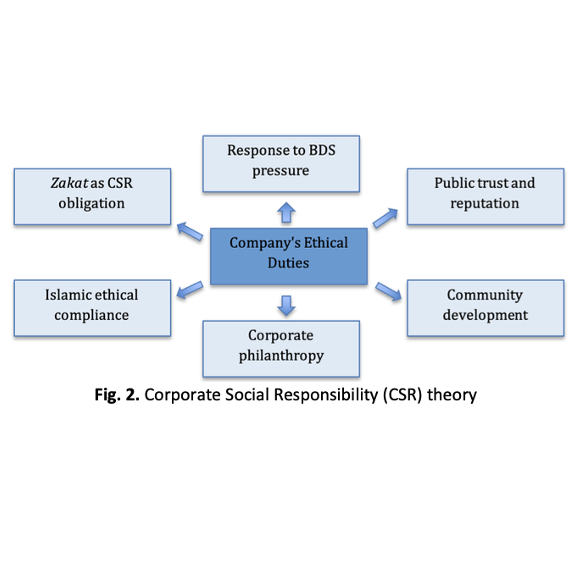Opinion: Strategic Implications of the Boycott, Divestment and Sanctions (BDS) Movement on Zakat Payment in Malaysia – A Theoretical and Policy Perspective
Keywords:
BDS, zakat, Malaysia, corporate legitimacy, stakeholder theory, CSR, legitimacy theory, boycott, Islamic ethicsAbstract
This paper explores the intersection of the Boycott, Divestment, and Sanctions (BDS) movement and zakat obligations among companies perceived as Israeli-friendly in Malaysia. It examines how Islamic principles, stakeholder expectations, and corporate legitimacy intersect in shaping business responses to boycott pressures. Drawing on Stakeholder Theory, Corporate Social Responsibility (CSR) Theory, and Legitimacy Theory, the study analyzes how companies navigate reputational risks, religious obligations, and consumer activism. The paper also evaluates historical precedents, such as Malaysia’s foreign policy under Mahathir Mohamad, and proposes a structured framework for strategic BDS implementation that aligns with Islamic ethical principles and national economic interests.






